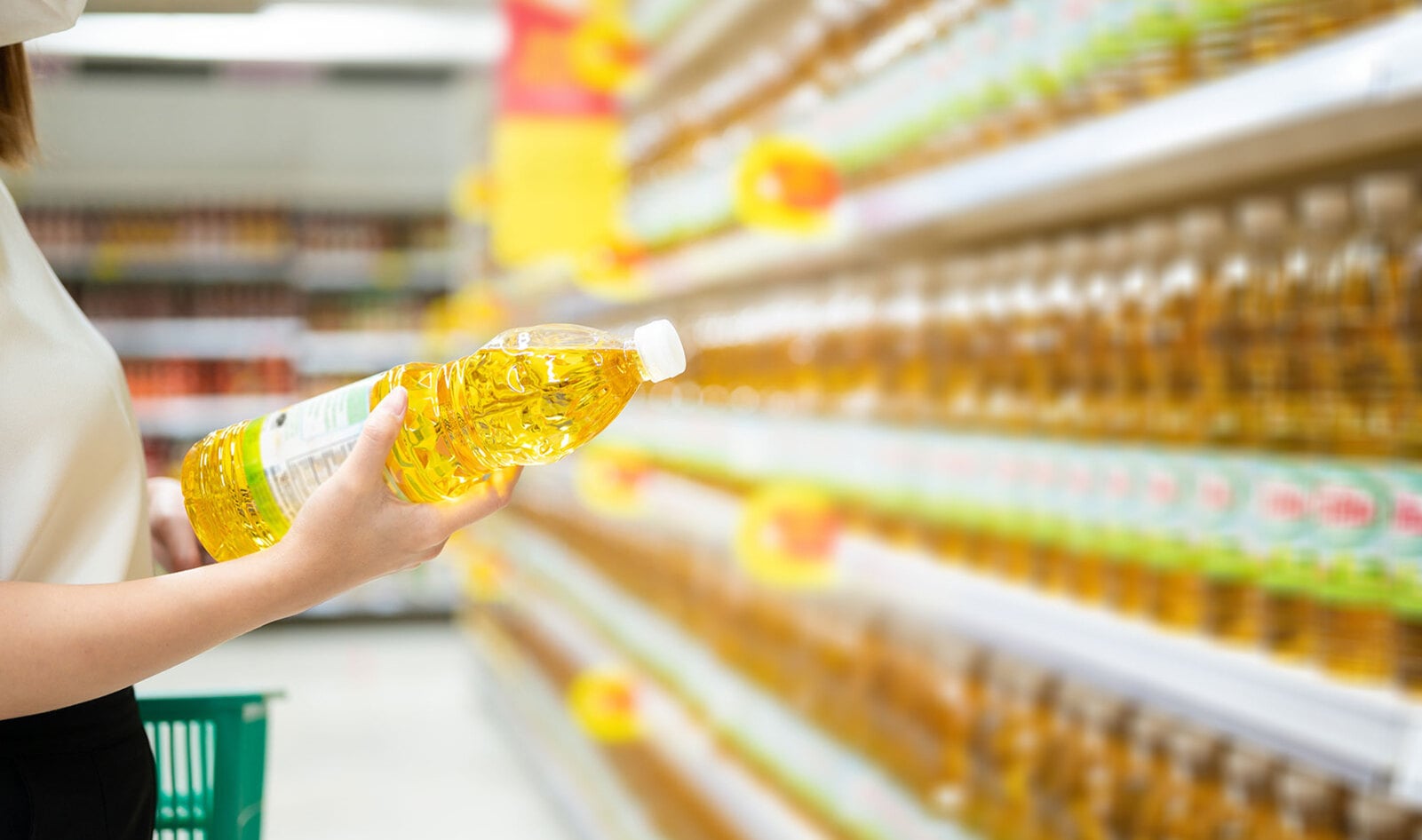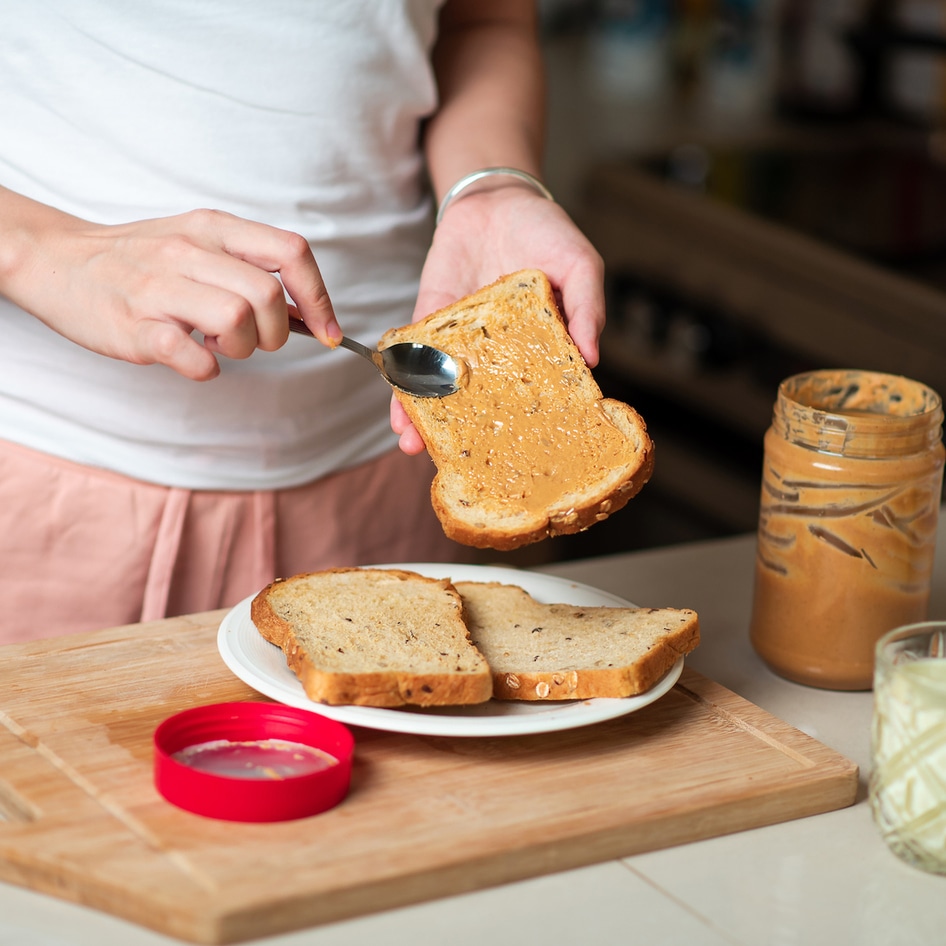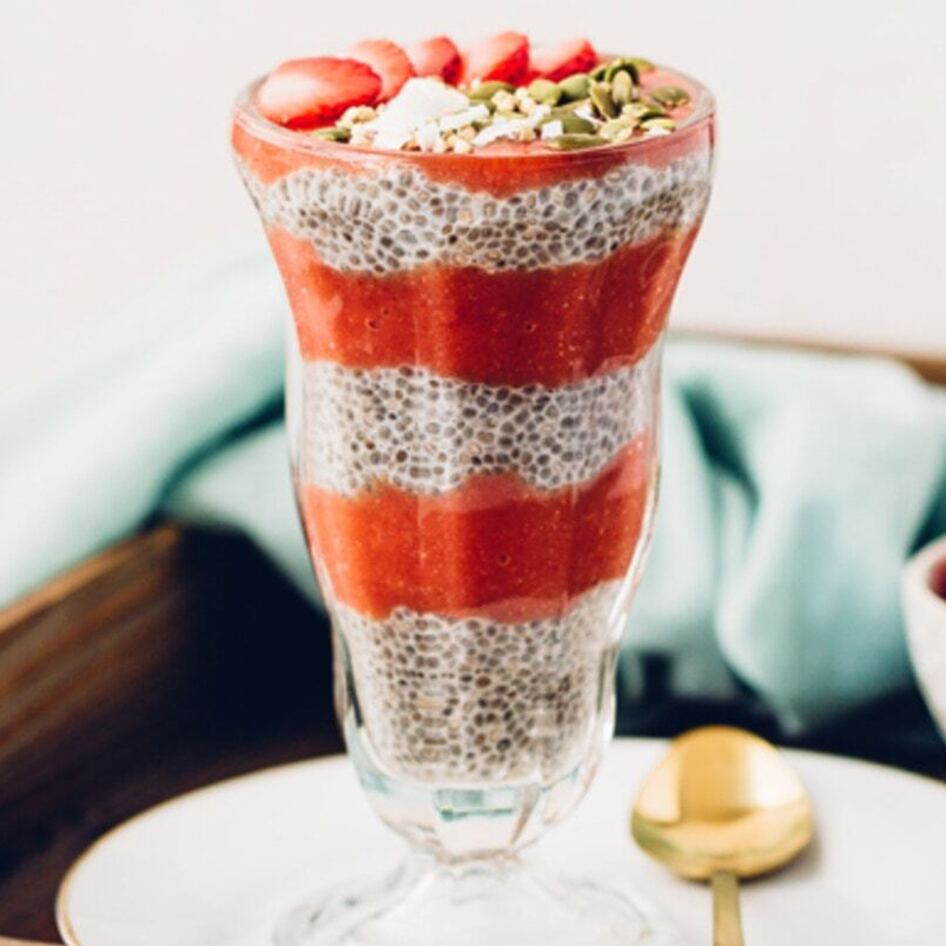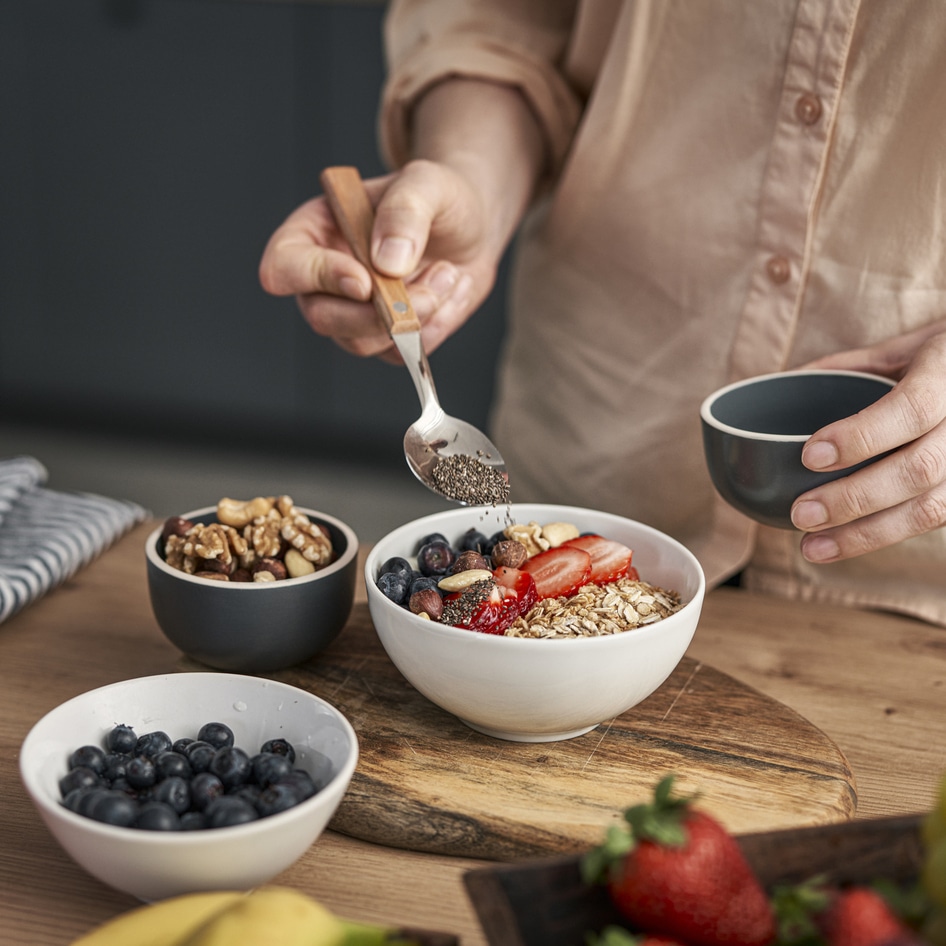Until now, the canola or rapeseed plant—which is grown all over North America and Europe for oil and animal feed—has been unsafe for human consumption. Researchers at the University of Copenhagen have gotten closer to removing the plant’s bitter defense substances, and in doing so, are paving the way for a new plant protein source to support the movement to replace animal protein.
“The climate crisis demands that we reduce meat consumption and eat more plants, which is where rapeseed has great potential as a new source of plant protein in the green transition,” lead researcher Professor Barbara Ann Halkier said in a statement. “Our latest research results bring us a critical step closer to making full use of rapeseed.”
In Denmark, where the research is taking place, more than 200,000 hectares of rapeseed are now cultivated, and in the European Union, half of the locally-grown plant proteins come from rapeseed plants—but not as a direct food source for humans.
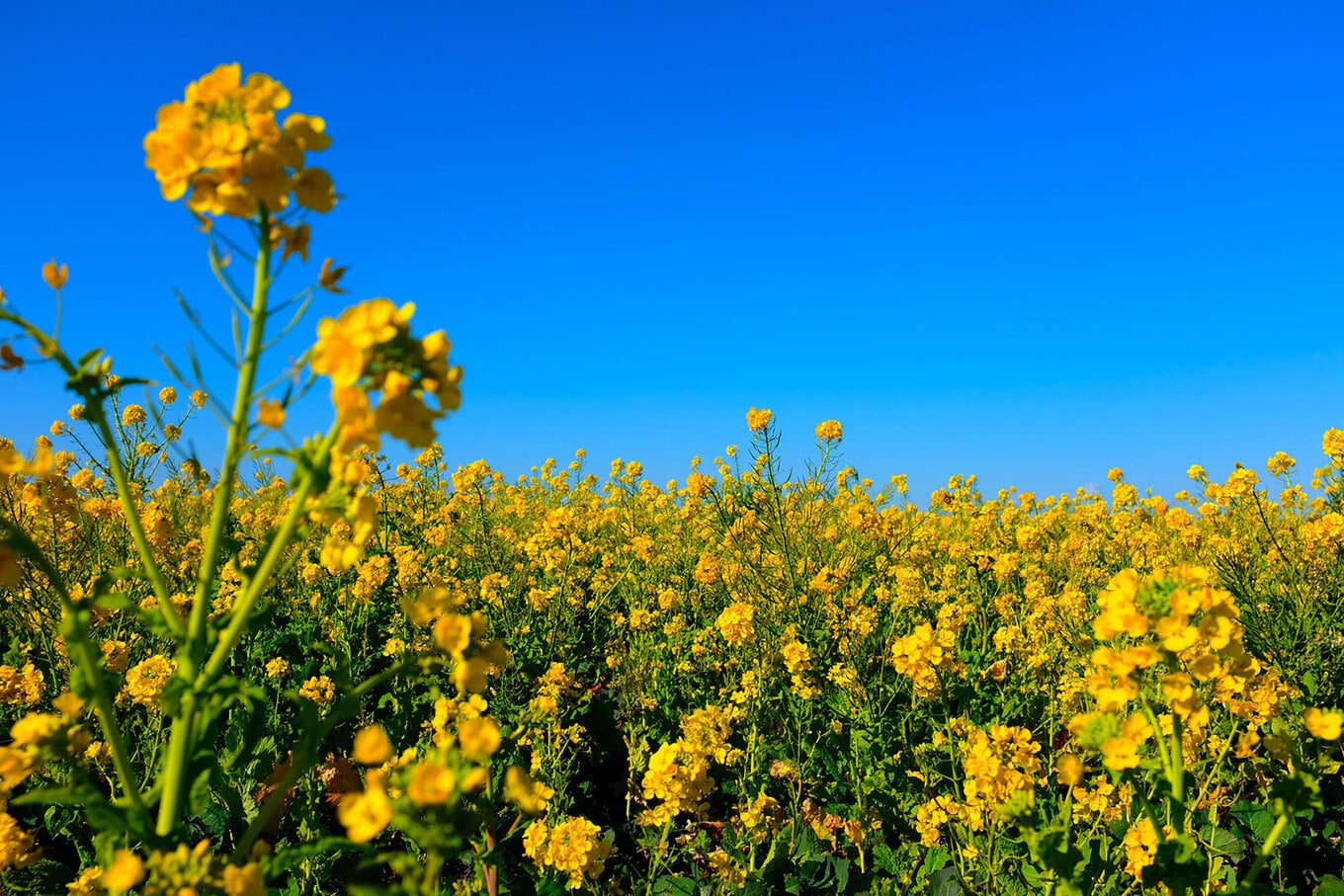 Unsplash
Unsplash
While the rapeseed plant’s high content of bitter defensive substances keep disease and herbivores at bay, they also make the plant inedible for humans.
The new research, which was recently published in the scientific journal Nature, has identified the proteins that help store the bitter substances in seeds of thale cress, a model plant and close relative of rapeseed. The researchers say that this knowledge can be used to remove these proteins and in doing so, rapeseed’s bitter taste, which offers a wealth of opportunity.
Is canola high in protein?
Plants of the cruciferous family are characterized by being able to produce a group of defense substances called glucosinolates. These substances give plants such as broccoli, cabbage, arugula, and rapeseed a strong and bitter taste that scares off herbivores and diseases.
As a result, the so-called rapeseed cake, which is the remains of the seeds after the oil has been squeezed out, has only been used in limited quantities as feed for pigs and chickens, despite its staggering 30 to 40 percent protein content.
 Unsplash
Unsplash
To protect their offspring, thale cress and closely related rapeseed plants fill their seeds with glucosinolates so that the seeds and small seedlings can defend themselves against insects and other enemies. As the seeds cannot synthesize glucosinolates themselves, the substances must be transported from the mother plant to the seeds.
According to the researchers, some glucosinolates are healthy, such as those in broccoli and other cabbages. However, glucosinolates in the seeds of the rapeseed plant are unhealthy.
Making canola protein edible
The Denmark researchers succeeded in removing the bitter defensive substances by identifying the three proteins in the plant responsible for transporting the substances into its seeds. The new knowledge makes it possible to prevent the accumulation of these substances in the seed by removing the proteins by way of a technology called “transport engineering.” As such, the defensive substances remain in all other parts of the plant, allowing it to continue to defend itself.
“Our research demonstrates that the connection—a kind of umbilical cord—that exists between the seeds and surrounding fruit shell, is a cell factory for the production of glucosinolates which end up in the seeds,” Dr. Deyang Xu, lead author of the new study, said in a statement.
“After all, plants are well rooted in soil and cannot just walk away when there is danger. They need to produce a multitude of defensive substances to protect themselves from attacks by disease and herbivores,” Xu said. “Our discovery has allowed us to find a way to eliminate these bitter substances from the seeds.”
So far, the researchers have shown that their method works in thale cress. “The next task is to show that we can transfer our result from Arabidopsis to the closely related rapeseed plant, which we are now working on,” Xu said.
More sustainable plant proteins
In recent years, as interest in plant-based proteins has grown, researchers and startups have been working to find the most sustainable options. Similar to the Denmark researchers focusing on canola, Singapore-based startup WhatIF Foods is making plant-based food products using an underutilized legume called the Bambara groundnut. Otherwise known as the BamNut, the plant is a regenerative, hardy, and drought-resistant crop that can grow in degraded lands with minimal demand for resources.
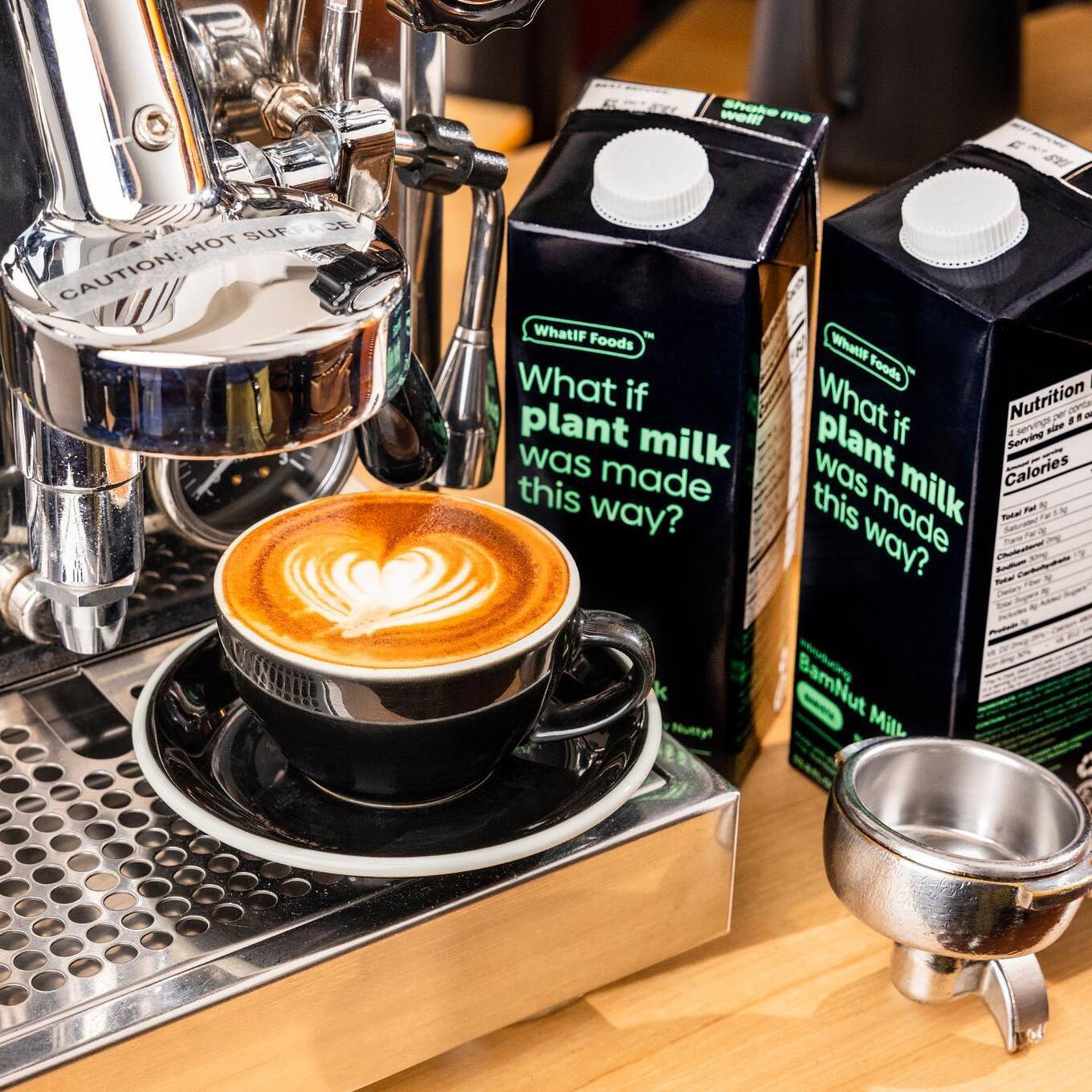 WhatIF Foods
WhatIF Foods
Native to West Africa but now cultivated across the continent, the BamNut is a type of legume in the same food family as peanuts, peas, and beans. It has been recognized as an important nutrient-rich food source for when food is scarce because it thrives in poor soil where other crops can no longer grow.
WhatIF Foods—which uses the crop to make vegan milk and instant noodles—aims to create an international market for the crop in an effort to bolster food security for future generations as climate change threatens the production of current food crops.
For the latest vegan news, read:
JUMP TO ... Latest News | Recipes | Guides | Health | Subscribe

